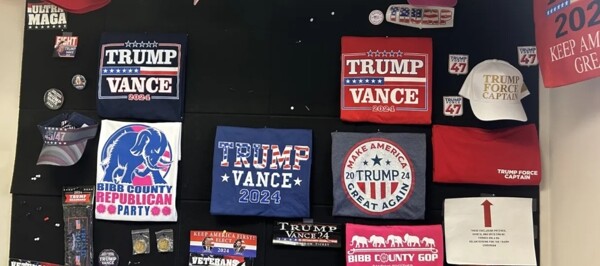
Some Latino evangelicals find themselves at odds with their white counterparts due to pro-immigration stances, according to Agustín Quiles, president of Mission Talk, a Christian organization. In white evangelical churches with a growing presence of Latinos and undocumented immigrants, there are discrepancies between the pulpit's rhetoric and the congregation's perception.
In this regard, Reverend Lori Tapia mentions that politics is not often integrated into the life of the Latino evangelical church, despite a significant percentage identifying with both Republican and Democratic trends. Although the majority of Latinos in the U.S. tend to favor Democratic candidates, in 2020, most Latino evangelicals supported Donald Trump.
Reverend Juan García highlights that the pressure to align with white evangelical congregations has led to a dilemma for second-generation Latino Christians. This dilemma intensifies during election periods, where it becomes challenging to find a party that truly represents their values and concerns. The lack of a clear political home translates into difficulties when choosing candidates.
On the other hand, religious leaders like Bishop Ángel Marcial suggest that voting represents a way to gain respect and open opportunities for marginalized communities. However, the diversity of opinions within Latino evangelical communities on issues such as immigration, the economy, and family values generates divisions and frustration.
In this context, Reverend Jacqueline Tavarez emphasizes that the label "evangelical" has become associated with a specific political party, diverting attention from the fundamental values of the Gospel. The diversity of opinions within the Latino evangelical community highlights the complexity of finding political representation that comprehensively reflects their beliefs and concerns.
In summary, Latino evangelicals find themselves at a political crossroads, where the diversity of stances on crucial issues such as immigration, economy, and family values complicates identification with any specific party. The search for alignment with genuine Christian values and appropriate representation in the political sphere presents a constant challenge for this growing community in the United States.













